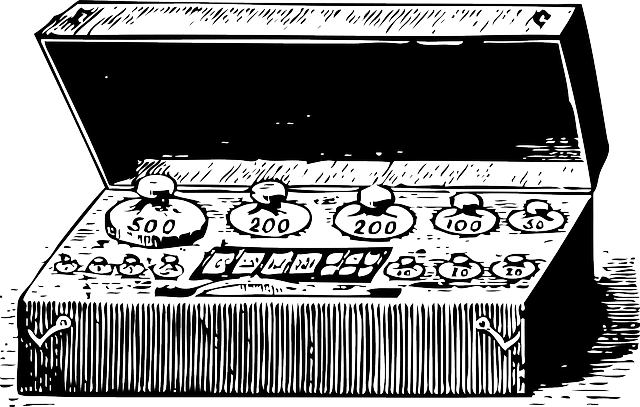Understanding Metrics: The Universal Language of Measurement
Why Metrics Matter in Our Daily Lives
Mathematics is the invisible force that shapes our world. From the buildings we live in to the technology we use, math plays a crucial role in every aspect of our lives.

The Evolution of the Metric System
The metric system is the global standard for measurement, used in countries worldwide and essential for scientific research and international trade. But did you know that before its inception in France in 1670, there were countless bizarre measurement systems? These systems varied from city to city and were often based on arbitrary objects.
The Brainchild of Gabriel Mouton
The metric system owes its existence to Gabriel Mouton, a French mathematician who envisioned a universal measurement system. Mouton’s system was groundbreaking because it defined basic units—meters for length, grams for weight, and liters for volume—based on natural standards.
The Simplicity of the Metric System
What sets the metric system apart is its ease of use. The units are designed to be easily multiplied or divided by 10, 100, or 1,000, thanks to Latin prefixes like "kilo-" for a thousand and "milli-" for one-thousandth. For example, 1,000 meters make a kilometer, and one-thousandth of a meter is a millimeter. This simplicity makes calculations a breeze—just move the decimal point!
Beyond Weights and Measures
The metric system isn"t just about length, weight, and volume. It also includes units like seconds for time, amperes for electrical current, and Kelvin for temperature. This comprehensive system simplifies measurements for billions of people and sets global standards in various fields.
Conclusion
Thanks to Gabriel Mouton and the metric system, measuring has never been easier. This universal system has not only simplified calculations but also set the standard for scientific research, global trade, and everyday life.